Reiki: A Healing Journey Through Universal Energy
Reiki, a Japanese healing modality, has gained momentum over the past few decades, transcending cultural boundaries and inspiring individuals worldwide. Rooted in ancient wisdom, Reiki enables a harmonious flow of energy, fostering physical, emotional, and spiritual well-being. This article will explore the fascinating world of Reiki, its origins, benefits, and diverse perspectives, offering readers an inspiring view of this transformative practice.
The Origins of Reiki
Reiki (pronounced ray-key) is a Japanese term that translates to "universal life force energy." The practice was founded by Dr. Mikao Usui in the early 20th century, based on a combination of Buddhist teachings, Japanese spiritual practices, and Dr. Usui's own insights. Reiki's primary goal is to balance the body's energy system, promoting self-healing and personal growth.
The Power of Energy
Reiki practitioners believe that a vital force of energy flows through all living beings, and this energy plays a pivotal role in one's overall well-being. Disruptions in this energy flow can lead to physical or emotional imbalances, manifesting in various forms of discomfort or illness. By tapping into the universal life force energy, Reiki practitioners aim to restore balance and harmony within their clients, promoting self-healing and overall wellness.
The Reiki Process
Reiki is a hands-on healing technique, typically performed in a peaceful, quiet setting. The practitioner places their hands lightly on or just above the client's body, focusing on specific energy points or chakras. Through this process, the practitioner channels the universal life force energy to the client, stimulating the body's innate healing capabilities.
Diverse Perspectives on Reiki
Reiki has garnered diverse perspectives, from staunch supporters to sceptics. Some view it as a complementary therapy alongside conventional medical treatments, while others consider it a standalone practice that addresses the root cause of ailments.
Advocates of Reiki argue that the practice offers a holistic approach, acknowledging the interconnectedness of the physical, emotional, and spiritual dimensions. They contend that Reiki's gentle, non-invasive nature offers a unique healing experience that can benefit individuals of all ages and backgrounds.
Sceptics, on the other hand, may question the efficacy of Reiki, citing a lack of scientific evidence to substantiate its claims. Critics argue that the practice's benefits could be attributed to the placebo effect or the power of suggestion. Nonetheless, many people who experience Reiki firsthand report significant improvements in their overall well-being.
Benefits of Reiki
Reiki has been associated with various benefits, both anecdotal and research-backed. Some of the key benefits include:
Stress reduction and relaxation: Reiki can help alleviate stress, promoting relaxation and a sense of calm.
Pain relief: Many individuals report a reduction in pain following Reiki sessions, from chronic conditions to post-operative discomfort.
Emotional healing: Reiki can help release emotional blockages, fostering emotional balance and personal growth.
Enhanced immune function: By balancing the body's energy system, Reiki may bolster the immune system, aiding in the prevention of illness.
The world of Reiki offers a fascinating and inspiring journey into the realms of energy healing. As a gentle, non-invasive practice, it presents an alternative or complementary therapy for those seeking balance and well-being. While diverse perspectives persist, countless individuals have experienced the transformative power of Reiki, embracing its potential to support physical, emotional, and spiritual healing.
